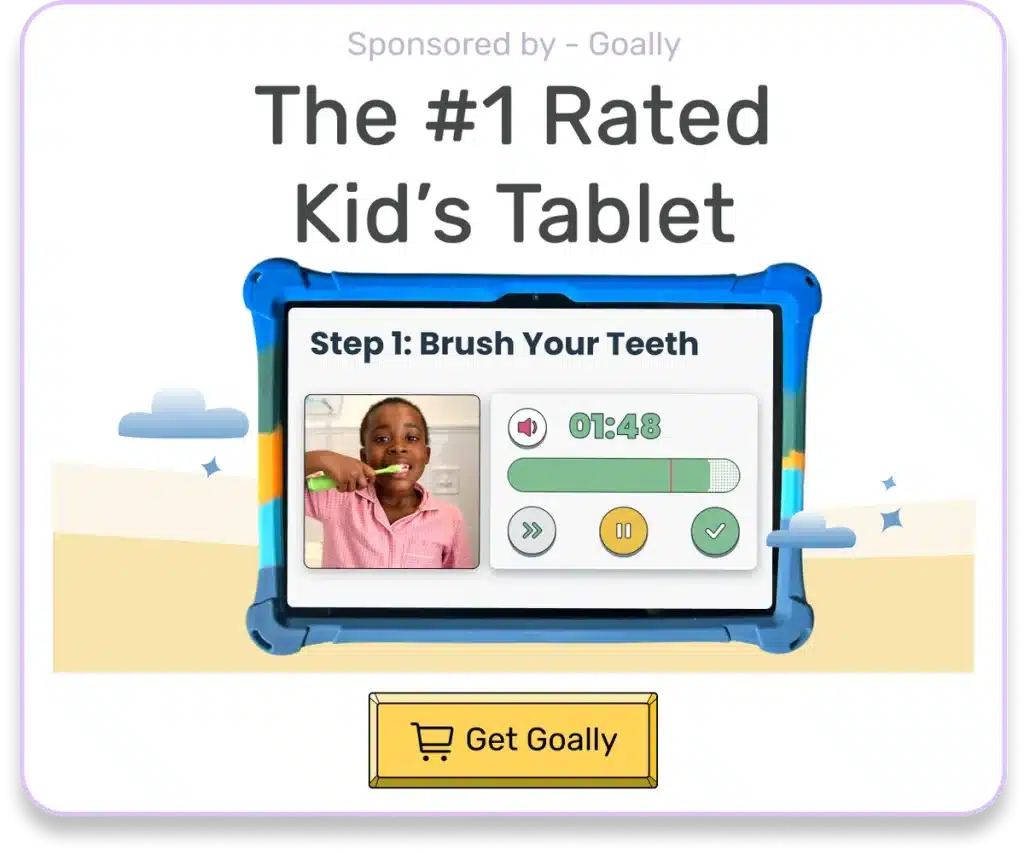When I work with children diagnosed with ADHD, I often encounter parents who are unsure about how serious ADHD truly is. It’s crucial to understand that ADHD is a complex condition with a unique impact on each child. This post will explore the severity of ADHD, its effects on a child’s daily life, and practical ways parents can support their neurodivergent kids. We’ll also look at the challenges and strengths associated with ADHD, offering strategies for managing symptoms and fostering success. Get ready for a comprehensive understanding that could change the way you see and support your child.
Table of Contents
Understanding ADHD: Beyond Hyperactivity
Firstly, it’s vital to understand that ADHD is a neurodevelopmental disorder characterized by inattention, impulsivity, and hyperactivity. However, these symptoms can manifest in various ways, making it challenging to determine the condition’s severity. For example:
- Some kids with ADHD may struggle with focus and organization, while others may have difficulty controlling their impulses.
- Hyperactivity can present as constant fidgeting or an inability to sit still, but it can also be more subtle, such as excessive talking or difficulty waiting for a turn.

Read more: ADHD Without Hyperactivity in Kids
Furthermore, ADHD can coexist with other conditions, such as learning disabilities, anxiety, or autism, which can further complicate the picture. In other words, the severity of ADHD varies greatly from one child to another.
Challenges and Strengths: The Two Sides of ADHD
It’s crucial to acknowledge that ADHD can present significant challenges for kids and their families. For instance, children with ADHD may struggle academically, socially, and emotionally. They might have difficulty making friends, following rules, or managing their emotions. But, on the other hand, ADHD also comes with unique strengths:
- Creativity and out-of-the-box thinking
- High energy and enthusiasm
- Resilience and adaptability
Above all, it’s essential to remember that kids with ADHD are not defined by their challenges. By focusing on their strengths and providing the right support, parents can help their children thrive.

Read more: Is Your Toddler Losing Balance a Lot?
Supporting Your Neurodivergent Child: Strategies for Success
So, how can parents help their kids with ADHD navigate the challenges they face? Here are some strategies to consider:
- Seek professional help: A thorough evaluation by a qualified professional can help determine the severity of your child’s ADHD and identify any coexisting conditions. This information is crucial for developing an effective treatment plan.
- Implement structure and routine: Kids with ADHD often thrive in structured environments. Establishing consistent routines, using visual schedules, and setting clear expectations can help your child feel more secure and focused.
Moreover, there are additional strategies that can be beneficial for your child:
- Encourage physical activity: Regular exercise has been shown to improve focus and reduce impulsivity in kids with ADHD. Encourage your child to participate in sports or other physical activities they enjoy.
- Teach organization skills: Help your child develop strategies for staying organized, such as using checklists, color-coding, and breaking tasks into smaller steps.
- Provide emotional support: Validate your child’s feelings and help them develop healthy coping strategies for managing frustration, disappointment, and other emotions.
Try Goally For Your Child With ADHD
Goally helps kids with ADHD stay focused and build skills. Unlike a Kindle or an iPad that kids get easily distracted on, Goally has no YouTube, no social media, no web browser, and especially no ads.
Goally uses game play as a points-based motivator for your kiddo with ADHD and helps them learn emotional regulation skills. It’s simple to set up and has an expert-informed design.

In short, while ADHD can present significant challenges, it’s essential to remember that it’s not a one-size-fits-all diagnosis. The severity of ADHD varies from child to child, and with the right support, kids with ADHD can overcome obstacles and achieve success. By understanding the complexities of ADHD and implementing strategies to help your neurodivergent child thrive, you can foster a positive, growth-oriented environment for your entire family. So, to sum up, ADHD may be a serious disorder, but it doesn’t have to define your child’s life. Together, you can navigate this journey and celebrate the unique strengths and talents that your child brings to the world.
Helpful Resources
- Children and Adults with Attention-Deficit/Hyperactivity Disorder (CHADD)
- National Institute of Mental Health (NIMH)
- American Academy of Child and Adolescent Psychiatry (AACAP)
FAQ’s About Is ADHD Serious
Can ADHD impact a child's academic performance?
Untreated ADHD can significantly affect a child's ability to focus, learn, and succeed in school.
Does ADHD affect social relationships?
ADHD can make it challenging for children to maintain friendships and navigate social situations effectively.
Are there long-term consequences of untreated ADHD?
Untreated ADHD may lead to issues with self-esteem, career difficulties, and increased risk of substance abuse later in life.
Can ADHD coexist with other mental health conditions?
ADHD often occurs alongside other conditions like anxiety, depression, or learning disabilities.
Is medication always necessary for treating ADHD?
While medication can be effective, treatment plans may also include behavioral therapy, lifestyle changes, and educational support.
This post was originally published on 05/22/2023. It was updated on 08/15/2024.
Emily is a seasoned blog writer for Goally, leveraging her extensive background in child psychology and special education to provide valuable insights and resources for parents. Her commitment to understanding and addressing the unique needs of these children, combined with her expertise in educational strategies, makes her a credible and empathetic voice for families.





